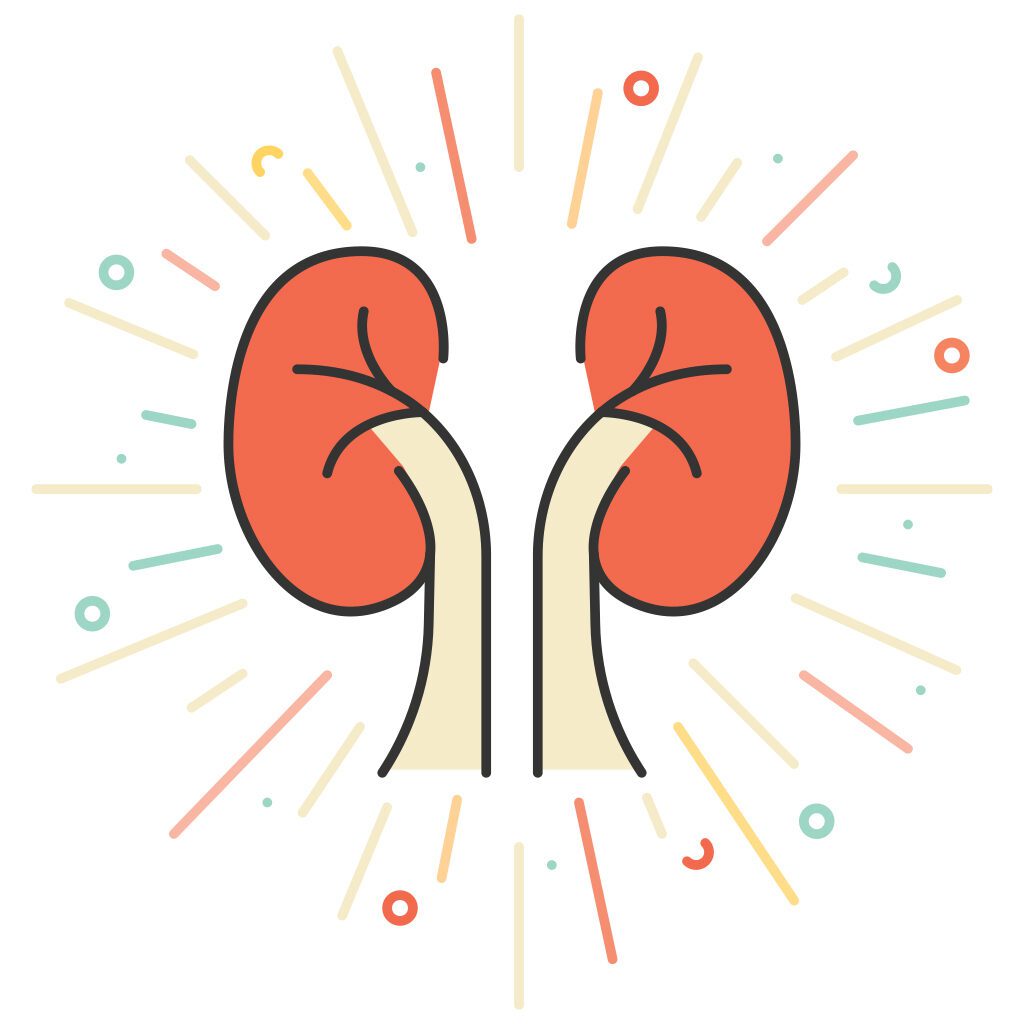Q. My adult daughter is very anxious about visiting the dentist. She hasn’t had a checkup in several years, and I’m worried about her oral health. Do you have any tips for making a trip to the dentist less scary, even for adults?
A. It is quite typical for people to avoid dental visits for fear of pain – usually until pain presents itself via cavities and other issues. Not waiting until this happens is, of course, ideal. In a case like this where it has been several years since the last checkup, then it is advised to seek an exam by a dentist who may offer methods to quell anxiety, such as sedation. But it takes bravery to step in that door for the first time in a while, so I always recommend finding an office that listens to your needs and welcomes you to meet the dentist and staff without being overwhelmed. Bring a family member to accompany you. If treatment in necessary, then don’t expect that to happen the same day and plan for a day when you can be put at ease. Moving forward, maintain regular appointments even when healthy!





Damien Armstrong, DMD
Dentist, Mint Dental
Q. My mom has been living alone since my dad passed, and I’m worried that she doesn’t get out of the house much. I want to suggest moving into a retirement home, but she is in good physical health and doesn’t need daily supervision. Would a retirement home be beneficial in other ways?
A. Moving into a retirement community is not simply for those who have poor physical health or need daily supervision. This is a common misconception about retirement living. Independent living is a type of senior housing designed specifically for those who can live on their own but want the amenities and socialization that comes with living in a community. Socialization is such an important part of maintaining a healthy routine. Independent living is perfect for seniors looking for an active, social lifestyle without the hassle of maintaining a home. These types of communities offer seniors a chance to live in a supportive environment with like-minded individuals keeping them engaged and active. Independent living promotes socialization and provides opportunities for residents to engage with others through activities, clubs, and outings. Seniors deserve the best in their retirement years. Independent communities allow them to live life to its fullest.



Beth Baxter
Campus Director, Everlan of Hixson
Q. Lately I’ve noticed that my hairline has been getting thinner, and I’m only in my 30s. Is this normal for some women, and is there something I can do about it?
A. A receding hairline, as well as hair thinning, is common as we age in both men and women. The most common cause of hair loss in females is called female pattern hair loss (FPHL), and it affects millions of women. But there are other causes of hair loss as well, so it is important to have it evaluated. Dermatologists are the experts in diagnosing and treating hair loss, and most treatments work better if started early. Some treatment options include the following: topical and sometimes oral minoxidil, oral medications such as spironolactone or finasteride, and oral supplements such as Nutrafol. Platelet-rich plasma (PRP) treatment is also a therapy that uses your own blood to help stimulate hair growth. After a blood draw, the blood is placed into a machine to separate out the PRP, which are injected back into your scalp to stimulate growth. Hair grows slowly, so it takes time to see results with all treatments. In summary, it is important to get your cause of hair loss evaluated early, but the good news is there are treatments that work!



Cara Hennings, MD
Board-Certified Dermatologist, Four Bridges Dermatology
Q. I am a woman in my 40s, and I recently found a lump under my right armpit. It feels like it could be a fat deposit, and I don’t want to worry about nothing, but could it be something more serious?
A. Breast tissue is often ‘comma’ shaped and extends into the axilla (armpit) in many women. This breast tissue can undergo changes related to hormone fluctuations, just as your other breast tissue does. Similarly, breast cancers can also grow in this tissue. Abnormal lymph nodes can also be located in this region. While the most commonly seen culprit with this complaint is simply normal breast tissue, any change in examination or new area of palpable concern should be evaluated with diagnostic mammogram and ultrasound.



Adrian Miller, MD
Board-Certified Radiologist, Hamilton Health Care System
Q. My adult daughter recently found out that she is a match for someone who needs a kidney transplant. I’m proud of her for wanting to help, but I’m also worried. How would donating a kidney affect her health long-term?
A. Donors can rest assured that transplantation is a very safe and effective process, and donor complication rates are extremely low. In fact, the likelihood of complication is less than 1% – and there’s actually no difference in how the donor’s kidney will function throughout their lifetime when compared to someone with two kidneys.
To determine whether someone is able to donate a kidney, all potential donors go through a standard evaluation process. This typically involves a transplant surgeon like myself along with a nephrologist (doctor who specializes in kidneys), and includes blood tests and imaging to ensure the individual can donate and have a remnant kidney that will take care of them throughout their lifetime.
If considered a match, the transplant can be performed using minimally invasive techniques. We can remove the donor’s kidneys with three tiny incisions that can be covered by Band-Aids for less pain and quicker recovery, and patients typically go home the next day.






Alan Koffron, MD
Transplant & HPB Surgeon, University Surgical Associates

